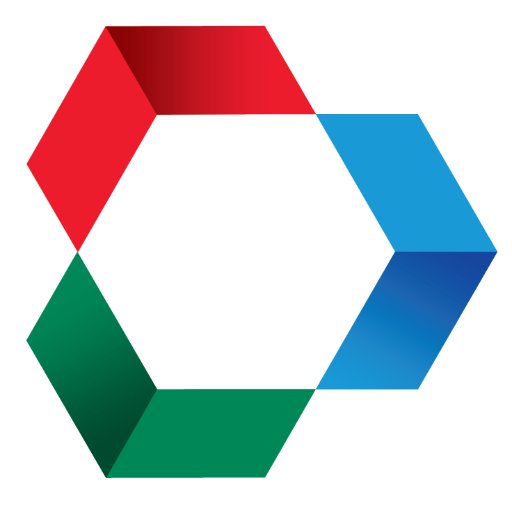
Date: September 8, 2016
Time: 11:00 AM - 12:00 PM
Location:
432 Newell Drive, Gainesville, FL, 32611
Host: UF CISE Department
Admission: This event is free and open to the public.
Emotion Technology, Wearables, and Surprises
Abstract: Two decades ago I decided to create computers with emotional intelligence. My team and I designed, built, and wore (and they were NOT fashionable) the world’s first wearable sensors for classifying human emotion. Using pattern analysis, machine learning, and signal processing, we advanced new ways for extracting affective information from speech, physiology, and facial expressions. In this talk, I will highlight the most surprising findings during this adventure. These include what is not true about the “true smile of happiness,” discovering that regular cameras (and your smartphone, even in your pocket) can compute your heart rate and respiration rate, finding electrical signals on the wrist that give insight into deep brain activity, and learning surprising implications of wearable sensing for autism, anxiety, depression, sleep-memory consolidation, epilepsy, and more.

Biography: Rosalind Picard is founder and director of the Affective Computing Research Group at the MIT Media Laboratory, co-founder of Affectiva, which delivers technology to help measure and communicate emotion and is used by over 2/3 of the Global Fortune 100 companies, and co-founder and Chief Scientist of Empatica, improving lives with clinical quality wearable sensors and analytics. Picard is the author of over 200 peer-reviewed scientific articles and is known internationally for her book, Affective Computing, which helped launch the field by that name. Picard was a founding member of the IEEE Technical Committee on Wearable Information Systems, helping also launch the field of wearable computing. She is a graduate with highest honors from the Georgia Institute of Technology and holds Masters and Doctorate degrees in Electrical Engineering and Computer Science from MIT. Picard is an active inventor: her group’s inventions have been twice named to “top ten” lists, including the New York Times Magazine’s Best Ideas of 2006 for their Social Cue Reader, used in autism, and 2011’s Popular Science Top Ten Inventions for a Mirror that Monitors Vital Signs. Outside of work, Picard enjoys relaxing with her husband and their three teenage sons.